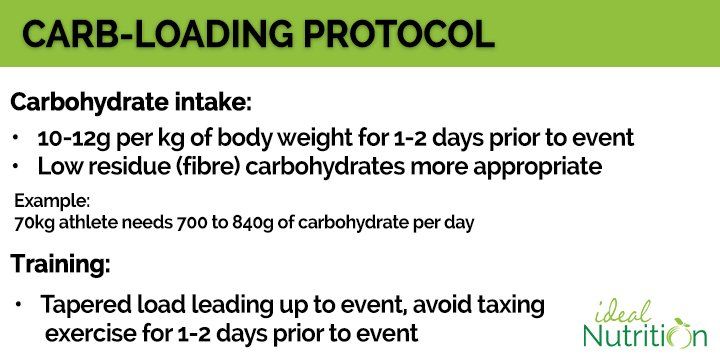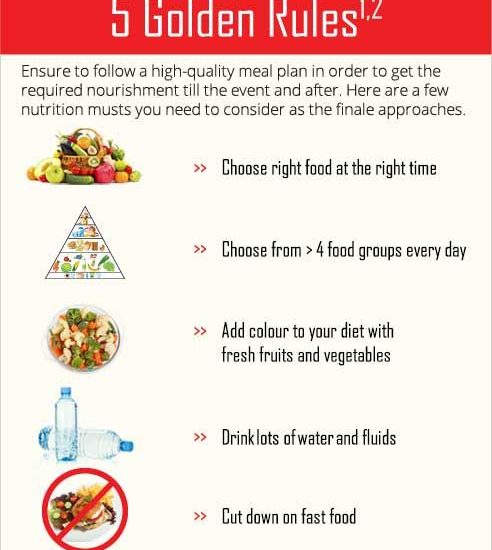Carb Loading Explained: Should You Try It?
Carb loading, also known as carbohydrate loading or glycogen loading, is a strategy used by athletes and fitness enthusiasts to maximize their muscle glycogen stores before endurance events or intense workouts. The idea behind carb loading is to increase the amount of glycogen stored in muscles, which can help improve performance and delay fatigue during prolonged exercise.
How Does Carb Loading Work?
When you consume carbohydrates, your body breaks them down into glucose, which is then stored in your muscles and liver as glycogen. Glycogen serves as a primary source of energy during exercise, especially during high-intensity activities like long-distance running or cycling. By increasing your glycogen stores through carb loading, you can potentially improve your endurance and performance.
When Should You Carb Load?
Carb loading is typically recommended for endurance events lasting longer than 90 minutes, such as marathons, triathlons, or long-distance cycling races. It is important to note that carb loading may not be necessary for shorter workouts or activities that do not require a high level of endurance.
How to Carb Load
There are several methods for carb loading, but the most common approach involves increasing your carbohydrate intake in the days leading up to your event or workout. This usually involves consuming around 7-12 grams of carbohydrates per kilogram of body weight per day. It is important to focus on consuming complex carbohydrates like whole grains, fruits, and vegetables, rather than simple sugars.
Should You Try Carb Loading?
Whether or not you should try carb loading depends on your individual goals and needs. If you are training for a long-distance endurance event and looking to maximize your performance, carb loading may be worth considering. However, it is important to experiment with carb loading during training to see how your body responds and to determine if it is beneficial for you.
Overall, carb loading can be a useful strategy for athletes and fitness enthusiasts looking to improve their endurance and performance during long-distance events. However, it is important to consult with a nutritionist or dietitian before implementing any new dietary strategies to ensure they align with your goals and nutritional needs.


